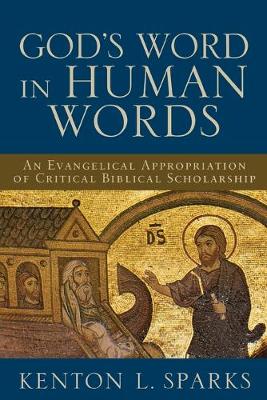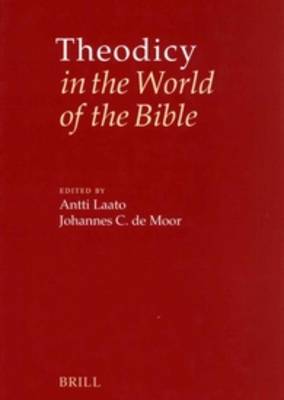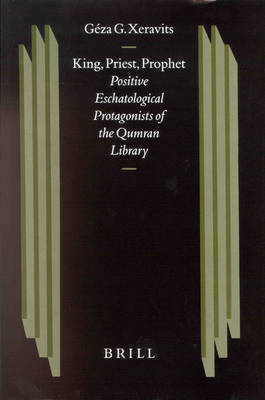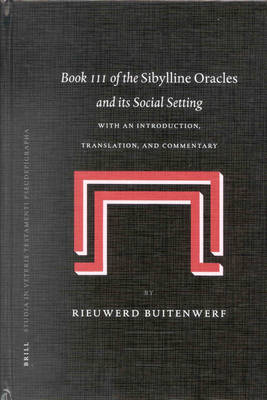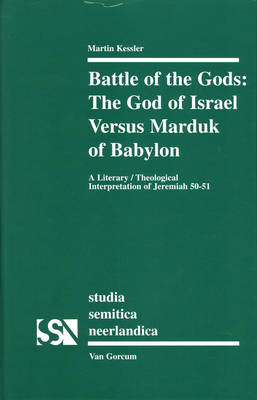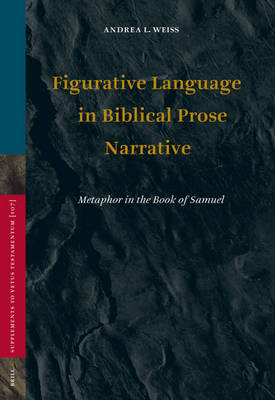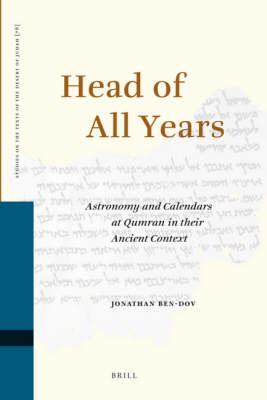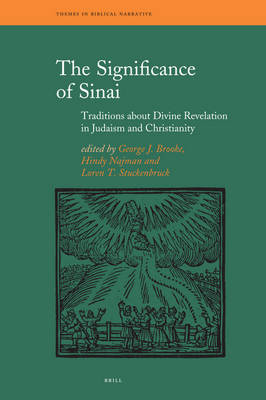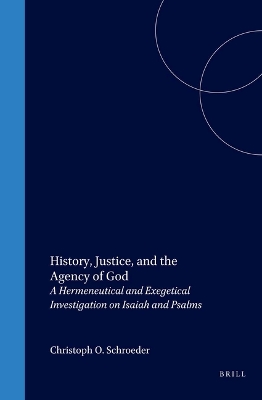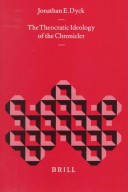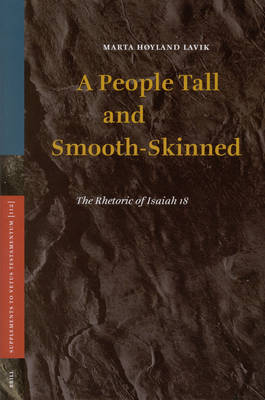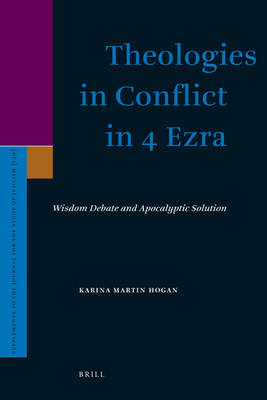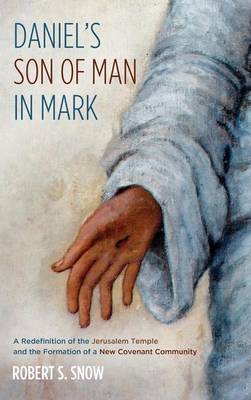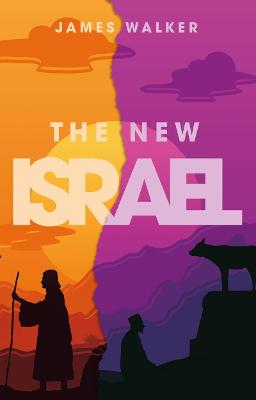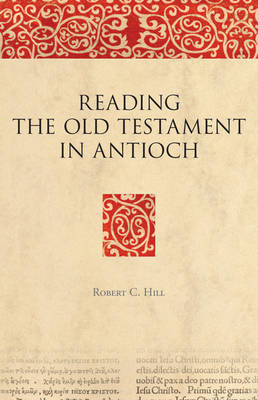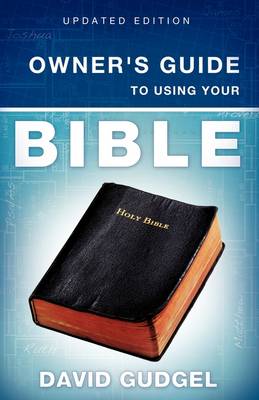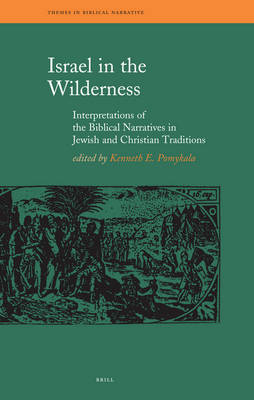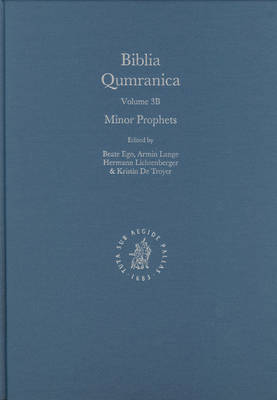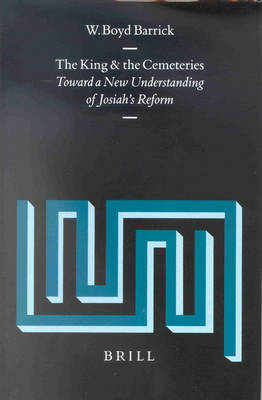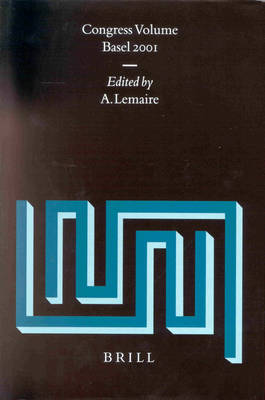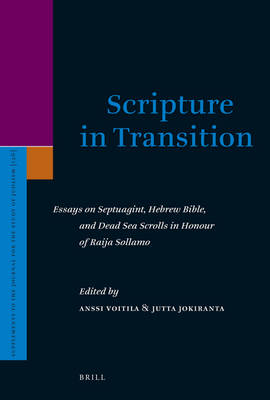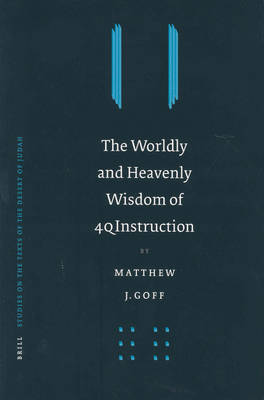The conclusions of critical biblical scholarship often pose a disconcerting challenge to traditional Christian faith. Between the two poles of uncritical embrace and outright rejection of these conclusions, is there a third way? Can evangelical believers incorporate the insights of biblical criticism while at the same time maintaining a high view of Scripture and a vital faith? In this provocative book, Kenton Sparks argues that the insights from historical and biblical criticism can indeed be v...
The New Testament in Greek IV. the Gospel According to St. John (New Testament Tools, Studies and Documents, VOLUME 20)
Is it justice when deities allow righteous human beings to suffer? This question has occupied the minds of theologians and philosophers for many centuries and is still hotly disputed. All kinds of argument have been developed to exonerate the 'good God' of any guilt in this respect. Since Leibniz it has become customary to describe such attempts as 'theodicy', the justification of God. In modern philosophical debate this use of 'theodicy' has been questioned. However, this volume shows that it i...
King, Priest, Prophet (Studies on the Texts of the Desert of Judah, #47)
by Geza Xeravits
Among the newly published texts of the Qumran Library there are a good number with eschatological content. Some of these texts relate the eschatological activity of certain figures who seem to play an important role in the events of the eschaton. This study explores these figures. The material of this study is divided into two main parts. The first is analytical, in which the related textual material is investigated, each passage in turn. The second, systematic section contains the evaluation an...
This volume contains a thorough study of the third book of the Sibylline Oracles. This Jewish work was written in the Roman province of Asia sometime between 80 and 40 BCE. It offers insights into the political views of the author and his perception of the relation between Jews and non-Jews, especially in the field of religion and ethics. The present study consists of three parts: 1. introductory questions; 2. a literary analysis of the book, translation, and commentary; 3. the social setting of...
Battle of the Gods: The God of Israel Versus Marduk of Babylon (Studia Semitica Neerlandica, #42)
Figurative Language in Biblical Prose Narrative (Vetus Testamentum, Supplements, #107)
by Andrea Weiss
This study applies several linguistic approaches to the book of Samuel in order to investigate the defining features of metaphor and the way metaphor and other forms of figurative language operate in biblical narrative. The book begins with an exploration of how to identify and interpret the metaphors in 1 Samuel 25. Next, the metaphors in 2 Samuel 16:16-17:14 are compared with other tropes, primarily metonymy and simile. Then the notion of "dead" metaphors is challenged while examining the fi...
Head of All Years (Studies on the Texts of the Desert of Judah, #78)
by Jonathan Ben-Dov
Rather than being an isolated, primitive body of knowledge the Jewish calendar tradition of 364 days constituted an integral part of the astronomical science of the ancient world. This tradition-attested in the Dead Sea Scrolls and in the Pseudepigrapha-stands out as a coherent, novel synthesis, representing the Jewish authors' apocalyptic worldview. The calendar is studied here both "from within"-analyzing its textual manifestations -and "from without"-via a comparison with ancient Mesopotamian...
This volume of essays is concerned with ancient and modern Jewish and Christian views of the revelation at Sinai. The theme is highlighted in studies on the Dead Sea Scrolls, Paul, Josephus, rabbinic literature, art and philosophy. The contributions demonstrate that Sinai, as the location of the revelation, soon became less significant than the narratives that developed about what happened there. Those narratives were themselves transformed, not least to explain problems regarding the text's pla...
History, Justice, and the Agency of God (Biblical Interpretation, #52)
by Christoph Schroeder
The central thesis of this volume is that the biblical view of divine agency in creation and history is realistic. History unfolds according to how human society relates to the sphere of powers that is beyond it. Next to the hermeneutical discussion this is demonstrated exegetically by analyzing texts from Isaiah and Psalms: (1) In Isa 6:9-10 the prophet receives the commission to proclaim and to anticipate YHWH's "strange work" in response to the people's violation of the torah. (2) The psalmis...
The Theocratic Ideology of the Chronicler (Biblical Interpretation, #33)
by Jonathan ok Dyck
This volume is a study of the ideology of the Chronicler in the context of the emerging theocratic community of Judah in the Persian period. This study breaks new ground in treating the 'purpose' of Chronicles from an explicitly social-theoretical perspective. The first two chapters examine the relationship between biblical interpretation and ideological criticism, moving from the historical critical concept of 'purpose' to the hermeneutical issues of understanding, ideological distortion and cr...
A People Tall and Smooth-Skinned (Vetus Testamentum, Supplements, #112) (Supplements to Vetus Testamentum)
by Marta Hoyland Lavik
This volume delivers an analysis of the persuasive artistry of Isaiah 18, i.e. how Isa 18 is designed in order to persuade an ancient audience. The analysis is pursued from four angles: the textual design, the motifs, the rhetoric of the text and finally, it is shown how the various strophes within each stanza of Isa 18 relate to one another. The present analysis demonstrates that Isa 18 is an example of Hebrew rhetoric, and that the text can be read as a coherent whole - even though the majori...
Theologies in Conflict in 4 Ezra (Supplements to the Journal for the Study of Judaism, #130)
by Karina Hogan
Recent scholarship on 4 Ezra has taken two divergent approaches, the first reading the dialogues between Ezra and Uriel as a reflection of theological debates in the author's time, and the second focusing on the psychological development of the protagonist. Combining the two approaches, this book offers a new interpretation of the dialogues as a literary representation of a debate between covenantal and eschatological wisdom, two branches of Jewish wisdom that emerged in the late Second Temple p...
Reading the Old Testament in Antioch (Bible in Ancient Christianity, #5)
by Robert C. Hill
In the period between the councils of Nicea and Chalcedon in the fourth and fifth centuries, the faithful in the churches of the ecclesiastical district of Antioch were the beneficiaries of the ministry of the Word from distinguished pastors. Included in this ministry were homilies on the Old Testament by John Chrysostom and written commentaries by his mentor Diodore and his fellow student Theodore, and later by Theodoret. Though the biblical text was admittedly Jewish in origin, "the text and t...
Israel in the Wilderness (Themes in Biblical Narrative, #10)
This collection of essays examines how stories from the biblical narrative of Israel in the Wilderness (Exodus 16-Deuteronomy 34) were interpreted by later Jewish and Christian writers (ca. 400 BCE-500 CE). Stories such as those about manna and water from a rock, the Golden Calf incident, Korah's rebellion, and the death of Moses provided later Jewish and Christian writers with a treasure trove of material for reflection and interpretation. Whereas individual essays investigate how particular...
Biblia Qumranica (Biblia Qumranica, #3) (Biblia Qumrancia)
The biblical Dead Sea Scrolls are about a thousand years older than the earliest complete manuscript of the Hebrew Bible and provide crucial insights into the history of the biblical texts. The Biblia Qumranica is the first comparative edition of these unique textual witnesses. The present volume provides a synopsis of the Minor Prophets manuscripts from Qumran and the other sites at the Dead Sea. In addition the Masoretic text (according to Codex Leningradiensis) and the Septuagint (according t...
The King and the Cemeteries (Vetus Testamentum, Supplements, #88)
by W. Boyd Barrick
This book presents new examinations of the reports of Josiah's reform in 2 Kgs. 23:4-20 + 24 and 2 Chron. 34:3-7 and related biblical passages (especially 1 Kgs.12:33-13:32), concentrating on the likely compositional history of this material and its usefulness as a source for reconstructing the likely history of Josiah's reign. Chapter 1 introduces the inquiry, reviewing the state of the question and methodological caveats. Chapters 2-6 are devoted to issues of composition and redaction, Chapter...
Congress Volume Basel 2001 (Vetus Testamentum, Supplements, #92)
This volume publishes the papers given by invitation at the 17th Congress of the International Organization for the Study of the Old Testament, which was held in Basel from 5-10 August 2001. It presents a state of the art of the current exegesis of the Hebrew Bible, taking into account the latest research in general linguistics and semitic philology, as well as textual criticism (Massora Magna, Septuagint, Qumran manuscripts), ethno-sociology and archaeology. Feminist biblical studies are duly...
Scripture in Transition (Supplements to the Journal for the Study of Judaism, #126)
Altogether 46 essays in honour of Professor Raija Sollamo contribute to explore various aspects of the rich textual material around the turn of the era. At that time Scripture was not yet fixed; various writings and collections of writings were considered authoritative but their form was more or less in transition. The appearance of the first biblical translations are part of this transitional process. The Septuagint in particular provides us evidence and concrete examples of those textual tradi...
The Worldly and Heavenly Wisdom of 4QInstruction (Studies on the Texts of the Desert of Judah, #50)
by Matthew J. Goff
This volume is devoted to 4QInstruction, the last lengthy text of the Dead Sea Scrolls to be officially published. It is also the largest wisdom text of this corpus. The central concern of this study is how this composition should be understood in relation to the sapiential and apocalyptic traditions. Features of 4QInstruction that are examined include its appeal to revelation, its presentation of poverty, and its eschatology. The document's relationship to both 1 Enoch and the Dead Sea sect is...
